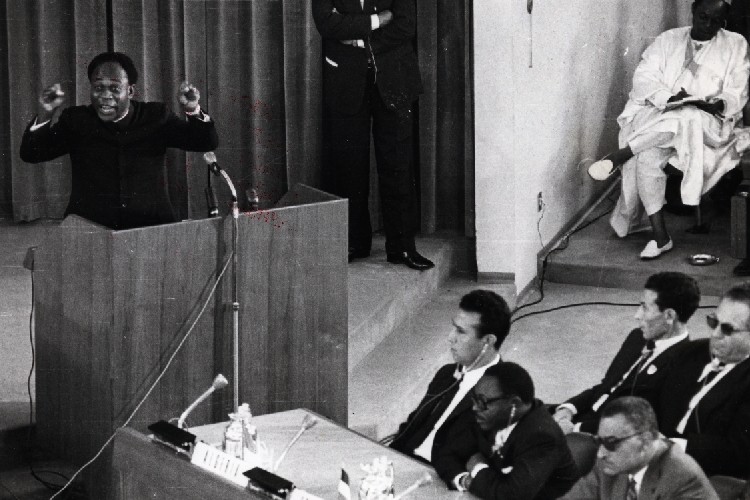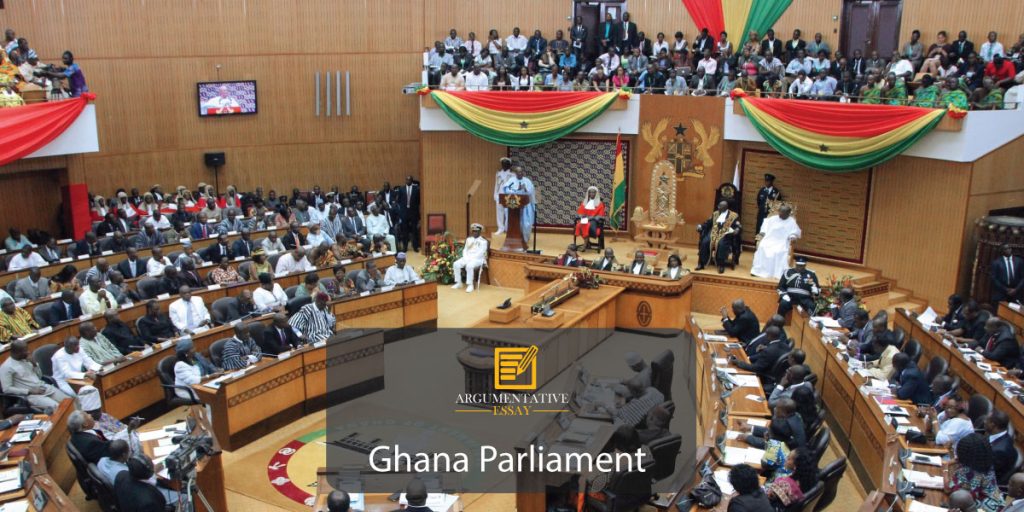Introduction
Human rights in Ghana have undergone rigorous transitions to what it is today. As Ghana struts as one of the most developed countries in West Africa, and Africa as a whole, the procedures that have included the basic rights of humans have evolved into one of the best in Africa. The history of this country dates back to 4000BC as “archaeologists have found traces of human life and cultural artefacts in the coastal regions”. One of the earliest states shaped in Sudan was the Ancient Ghana Empire, also known as “Wakandugu” in the tenth century. Later on, the empire began to depreciate, in the thirteenth century and became devoid of its former vastness.
The appearance of Europeans in the fifteenth century commenced the adoption of the popular name, ‘Gold Coast’, attributed to the tremendous amounts of Gold in the area. They constantly traded with the Europeans, particularly in the lucrative trans-Atlantic slave trade. By 1885, Ghana was handed over to the British colonial government, following stringent sessions of the bargain at the Berlin conference. After five decades of colonial rule, Ghana was an independent country in 1957.
HUMAN RIGHTS AND VIOLATIONS IN GHANA
Human rights are God-given rights that are accessible to all human beings no matter the condition they find themselves in. The history of human rights is substantiated by instances that seem agonizing and brutal to the human race. Today, many democratic countries uphold fundamental rights as one of the basic functions of a government to its citizens.
In Ghana, the enactment of the 1992 constitution commensurates how human rights Ghana are taken seriously. This act stemmed from the violations that the people of Ghana underwent after independence.
First, in 1952, the Deportation Act was passed. This act subtly prevented any opposition to Nkrumah’s government, as he oversaw the transition of the country to independence. It was “an arbitrary formulation, and dangerous to the people’s freedom”, so much so that, although it was only meant to affect non-Ghanaians, by deportation, it also deported Ghanaians that subjected to contrary ideas of the ruling government.

Second, Nkrumah’s government also passed a Preventive Detention Act which was amended in 1958 and 1962. The act authorized officials to detain individuals without trials for up to five years. Nkrumah may be viewed as a nationalist leader and liberator of Ghana, but, his leadership had indications of human rights violations through despotism and a quest to remain in power.
Furthermore, in 1959, he accused students of having contradictory ideas against the government. In his power, Nkrumah tried to undermine academic freedom. He also put the country in debt because of his mirage of an industrial Ghana. Consequently, he raised taxes to meet up with debts —this was the last straw that broke the camel’s back.
In 1966, Nkrumah was overthrown and succeeded by Kofi Busia in the 1969 elections. Busia did not see much prosperity. His tenure ended in 1972 with a coup, due to harsh economic conditions. At this juncture, the military regiments of two officials —Ignatius Acheampong and Frederick Akuffo — took over power. Unsurprisingly, these two practised a full-blown dictatorship that influenced numerous cases of human rights violations. They militarized the Ghanaian society and prevented a party system.
Another coup hit the foundations of the newly independent country in 1979, led by Jerry Rawlings, who came under the agenda of fighting against the rash decisions of the previous governments. However, his words became mere appellations uttered to garner support. His regime was so bad that Amnesty international saw the need to berate his arbitrary rule and illegal arrests.
At this level, human rights in Ghana found itself in a devastating state. Somehow, the country’s leaders could not wrap their heads around a fully democratic government, with a high appreciation of humans and their rights. This is an ironic occurrence, in itself, as the country is now regarded as one of the best African countries with high respect for human rights.
In 1992, after several years of journeying through the travails of dictators, the political atmosphere witnessed a mind-blowing change. A multi-party system was adopted and a constitution was drafted. The constitution upheld the rights of humans, a remarkable realization of past mistakes, and is still in use forthwith.
PRESENT STATE OF HUMAN RIGHTS IN GHANA
Chapter five of the 1992 constitution is entitled “Fundamental Human Rights and Freedoms and provides for rights, such as the right to life, economic rights, and women’s rights.” In chapter 6, one can find economic, social and cultural rights. Stating these rights in the constitution was a crucial step forward for Ghana, it implied that there could no longer be excuses for the violation of human rights — neither by the government, customary or traditional reasons.
However, this has not always been the case. Traces of human rights violations still linger in Ghana, no leader from 1992 thereafter, can boast of a clean record of acknowledging the existence of human rights, still, it is milestones ahead of the once dilapidated state of the country’s institutions. There are cases of police brutality and illegal arrests, although, on a small scale.
Conclusion
Also, internationally, Ghana is observed to be moving in the right direction; towards the train of human rights enactment and development. Amnesty international presented John Evans Mills, a former and late president of Ghana with an agenda of human rights in Ghana, which included the rights of women, free and fair elections, the abolition of the death penalty, reduction of overcrowded prisons and many more. Thankfully, these have been taken up by the Ghanaian government. Indeed, the road hasn’t been a smooth one, but records of improvement are substantial. As a progressive country, Ghana is on its way to having one of the best democracies in Africa.

